The Nairobi Botanical Garden is a little-known green park located between the Nairobi National Museum buildings and the Nairobi River, about a 10-minute walk from the CBD (CBD). A natural walk winds its way through the gardens, bordered by oddly shaped garden sculptures that challenge you to consider their meaning. The well-kept lawns in the gardens, both in the shade and out in the open, provide a pleasant break from the hustle and bustle of city life.
The Nairobi Botanical Garden is a project of Kenya’s National Museums (NMK) that aims to display the country’s diverse vegetation. For that purpose, the NMK has divided the garden into thematic exhibits that showcase various plant classes found in Kenya.
The availability of grass for their livestock dictates the nomadic populations’ movements in Kenya, and they would occasionally drive their cattle hundreds of kilometers in search of lush pastures.
The herbal garden is undoubtedly the most remarkable garden show. It is planned out in a circular form with magnificent walks radiating out from the center, all of which are adorned with ceramic mosaic patterns of plants and animals. This garden promotes the protection of Kenya’s unique medicinal and food plants for future generations.
Succulent Garden; replete with a rocky environment, this garden is a microcosm of the dry and semi-arid ecosystem present in eighty percent (80%) of Kenya’s territory.
This garden represents an important component of Kenya’s biodiversity, with over 350 succulent plant species, and strives to educate visitors on the unusual adaptations of these plant species to the arid circumstances of their environment, as well as their use to local people.
Quarry Garden’s major feature is a pond, which is home to a diverse array of papyrus plants, water lilies, and other water plants, making it a paradise for frogs, insects, fish, birds, and other water-loving creatures. It’s a fun place to visit while seeing the botanical gardens.
The most extensive collection of Kenyan orchids may be seen at the Orchid House. The stunning and often strange-looking blossoms of orchids make this a fascinating stop.
To visit the Orchid House, you must make a reservation in advance.
The Memorial Garden is devoted to the victims of World War II, arguably the most devastating battle in human history. The traditional sign of recall, Rosemary, is extensively included in this garden, along with other scented plants.
Wooded Garden: This part displays the indigenous trees that may be found in Kenya’s woodlands and creates a relaxing atmosphere.
Children’s Garden: This facility, which features an amphitheater and open meadows, is great for learning through lectures and playing. Plants native and foreign to the area have been planted for a varied flowering cycle.
Cycad display; these plants, which are thought to be the world’s oldest surviving seed-bearing plant species, dating back to the time of the dinosaurs, are uncommon tropical plants found in some parts of Kenya. To date, these plants have been found in the mountain top environments of Mt Ololokwe, Mathews Range, and Ndoto Mountains in Kenya’s northern frontier regions. Because they are endangered, NMK has planted them in the botanical garden to raise awareness of their plight and the need of preserving this valuable legacy.
Related

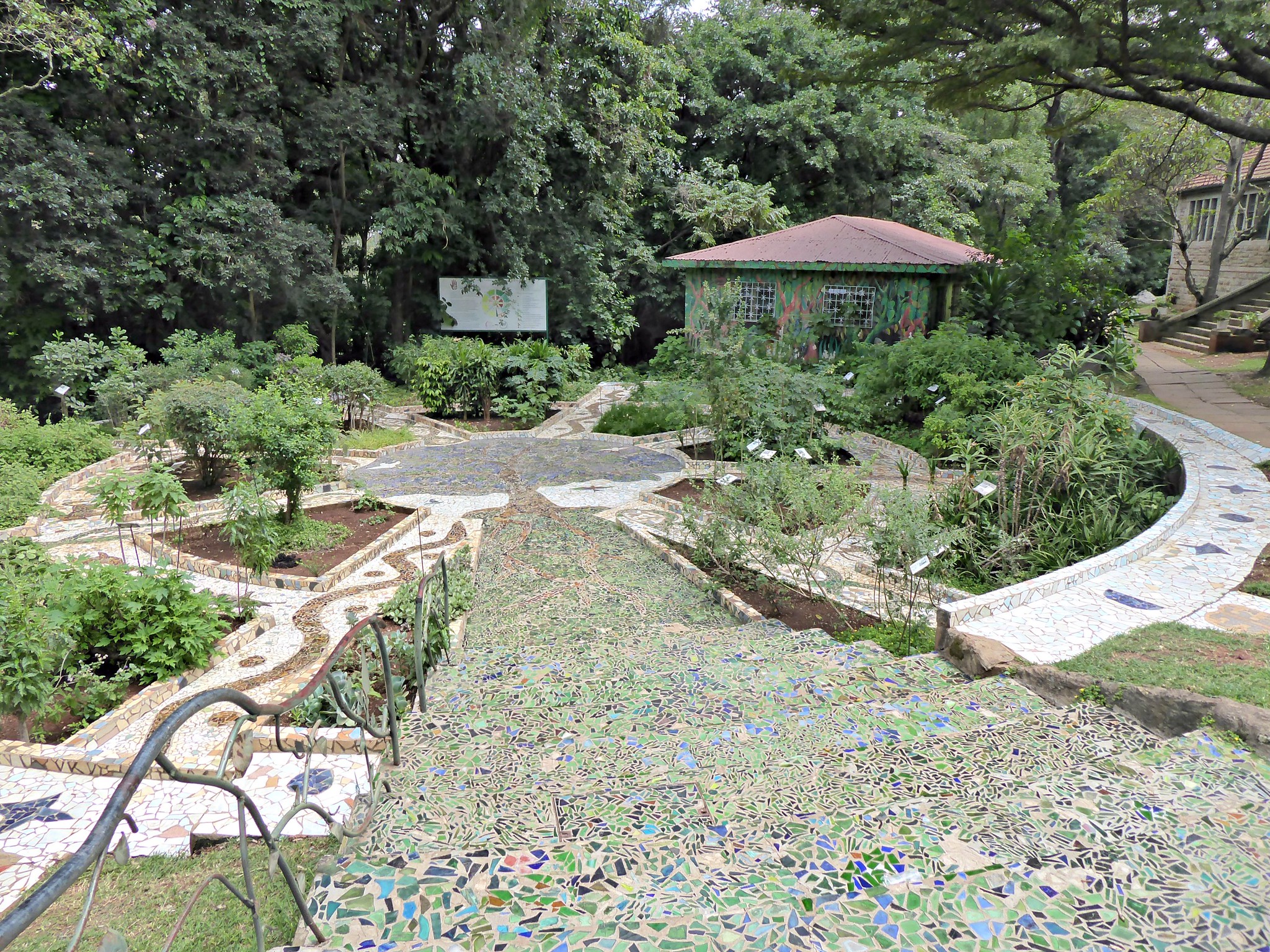
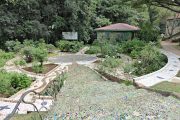
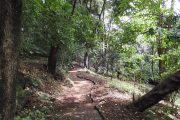
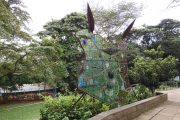
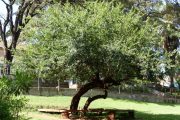
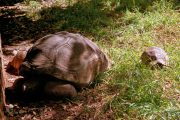
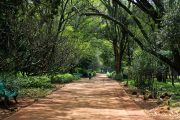
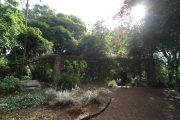
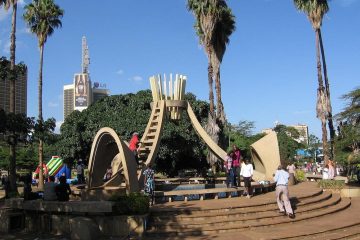
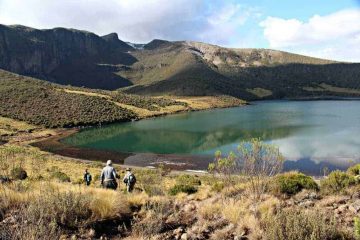
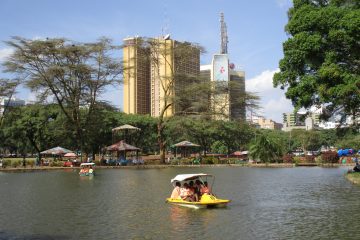
Tour Reviews
There are no reviews yet.
Leave a Review